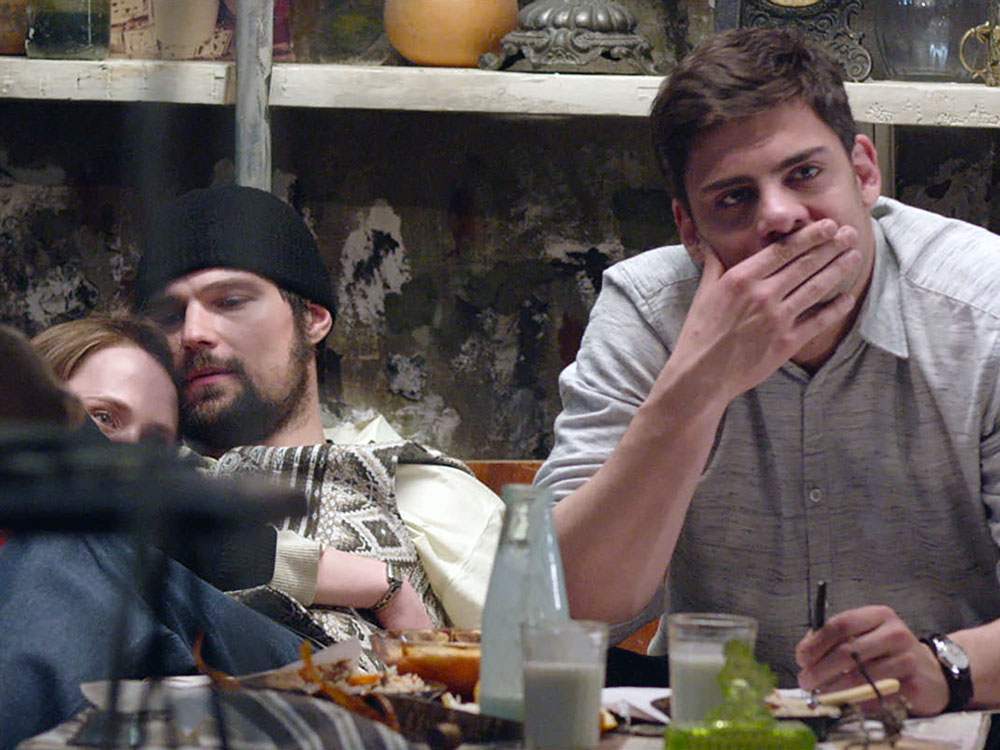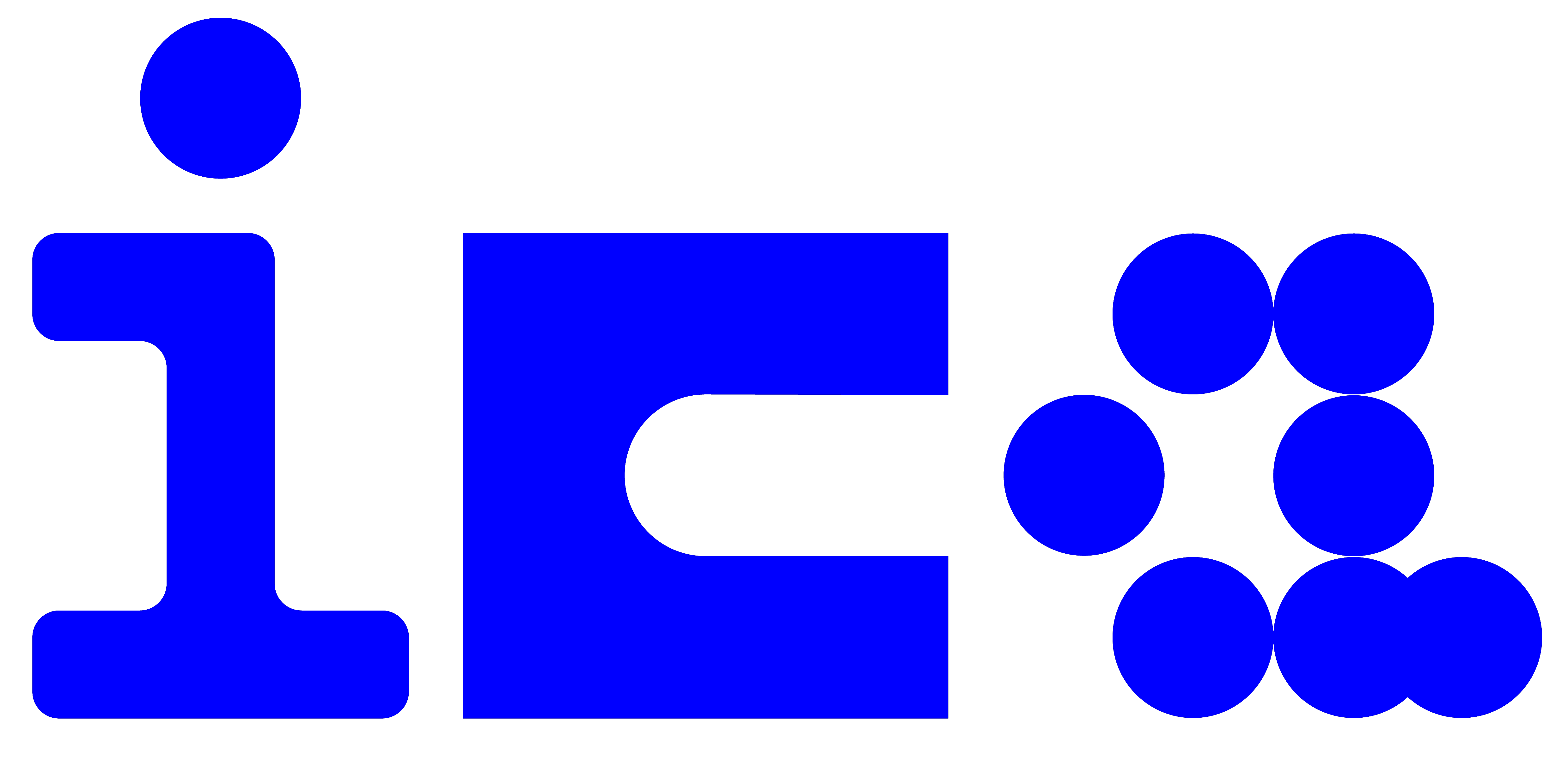resting in my arms again, dir. Ruari Paterson-Achenbach, Joanna Ward & Sophie Marie Niang, 2021, 24:58 min.
resting in my arms again is an audiovisual manifesto of practice born out of a collaboration between the mermaid café, an experimental sound-making collaboration between Joanna Ward and Ruari Paterson Achenbach, and a queer worldmaking collective made up of Ruari and Sophie Marie Niang.
The world as it is is not enough, it restrains, oppresses and harms, some of us more than others, on a daily basis. Starting from this recognition (which we see as the bare minimum,) the piece is an explorative inquiry into ways of making otherwise, to create as if we were already in the new world we long for and work to conjure up in the present.
In making this piece, we wanted to explore questions such as: How can sound be open and free? What does the future sound like? How to make it sound like it feels? We never attempted to bring definitive answers to these questions, but instead were interested in the open process of creating that might come out of them.
We tried to honour a creative practice of noticing, and sensation-as-process. Rather than concerning ourselves with what might sound or look ‘good,’ ‘rigorous,’ ‘accomplished,’ we instead tried to ask ourselves which ways of making made us feel whole, excited and at ease. We began with a recognition that the creative process is always affective and embodied. We didn’t aim for specific products, but feelings and situations where bodies are together and separate in nourishing ways. How might our bodies feel supported and held? Which creative practices bring us together in ways that begin to dissolve our boundaries? How can we imagine and enact the worlds we wish for each other?
Improvisation and accidents were crucial components of the making of this piece, whether it was in the use of field recordings, looping sounds or in our improvisation exercises. We are interested in process rather than outcome: we wanted to cultivate wonder and amazement, and do something that was nourishing and pleasurable.
We approached materials and objects with a naive curiosity, attempting to treat things as if we were encountering them for the first time. The way a shard of daylight is caught in a glass of water, the way the sun peeks through leaves onto a river’s surface, the way a song sounds if you’re learning how to sing it with someone else for the first time. By making in this way, and recording as we went, we attempted to archive the feelings of the world we wish for. The final piece takes the form of a curated archive of these affects and sensations.
Ultimately, the piece revolves around conceiving of and articulating what we have called ‘the space.’ The space is an affective elsewhere, somewhere that does and doesn’t exist (yet) where our bodies feel fully free. This space is what we are always looking for, in our creative practice, in the way we relate and become through each other.
We recognise that we’re not quite in ‘the space.’ Sometimes it appears to us, in daydreams and fleeting thoughts, in moments where possibility can be felt. Sometimes we are there, but only for a short while. There are always things which stop us just before we get there. But this doesn’t stop us from hoping and imagining, because imagining is the most powerful and radical tool we have. It is only through conceiving of a better otherwise that we can begin to find that otherwise in the world we already have.
This piece is a brief, small window into what ‘otherwise’ might feel like.












no. 236848.